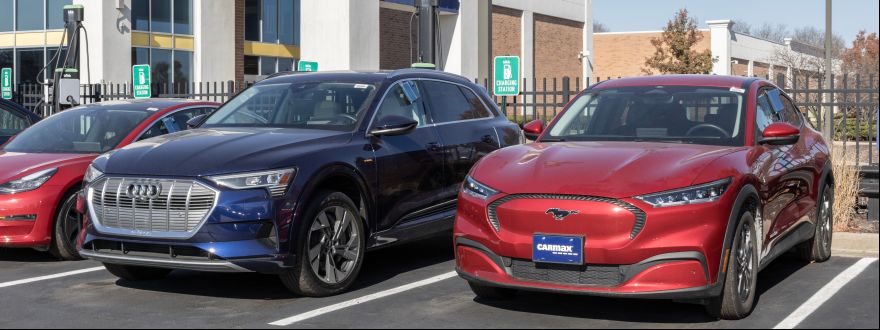
Several factors can significantly increase auto insurance premiums. Here are some to take into consideration:
Driving Record: Your history of traffic violations, accidents, and claims plays a significant role. A clean driving record typically results in lower premiums, while a history of violations can increase costs.
Location: Where you live affects your insurance rates. Urban areas with higher traffic density, crime rates, and accident frequencies generally have higher premiums compared to rural areas.
Vehicle Type: The make, model, and year of your car impact the cost. High-performance or luxury vehicles usually cost more to insure due to higher repair costs and theft rates.
Coverage and Deductibles: The types and amounts of coverage you choose, as well as your deductible, directly affect your premium. Higher coverage limits and lower deductibles increase the cost.
Credit History: Many insurers use credit-based insurance scores to assess risk. A lower credit score can lead to higher premiums, as it is seen as an indicator of higher claim likelihood.
Age and Gender: Younger drivers, especially teenagers, and male drivers often face higher premiums due to statistically higher accident rates.
Annual Mileage: The more you drive, the higher the risk of accidents. Policies for vehicles with higher annual mileage typically cost more.
Claims History: A history of frequent claims can increase your premiums, as it suggests a higher risk of future claims.
Safety Features: Cars equipped with advanced safety features and anti-theft devices may qualify for discounts, reducing the overall premium.
Understanding these factors can help you make informed decisions when shopping for auto insurance and potentially find ways to lower your premiums. If you have any more questions or need further assistance, feel free to ask!
